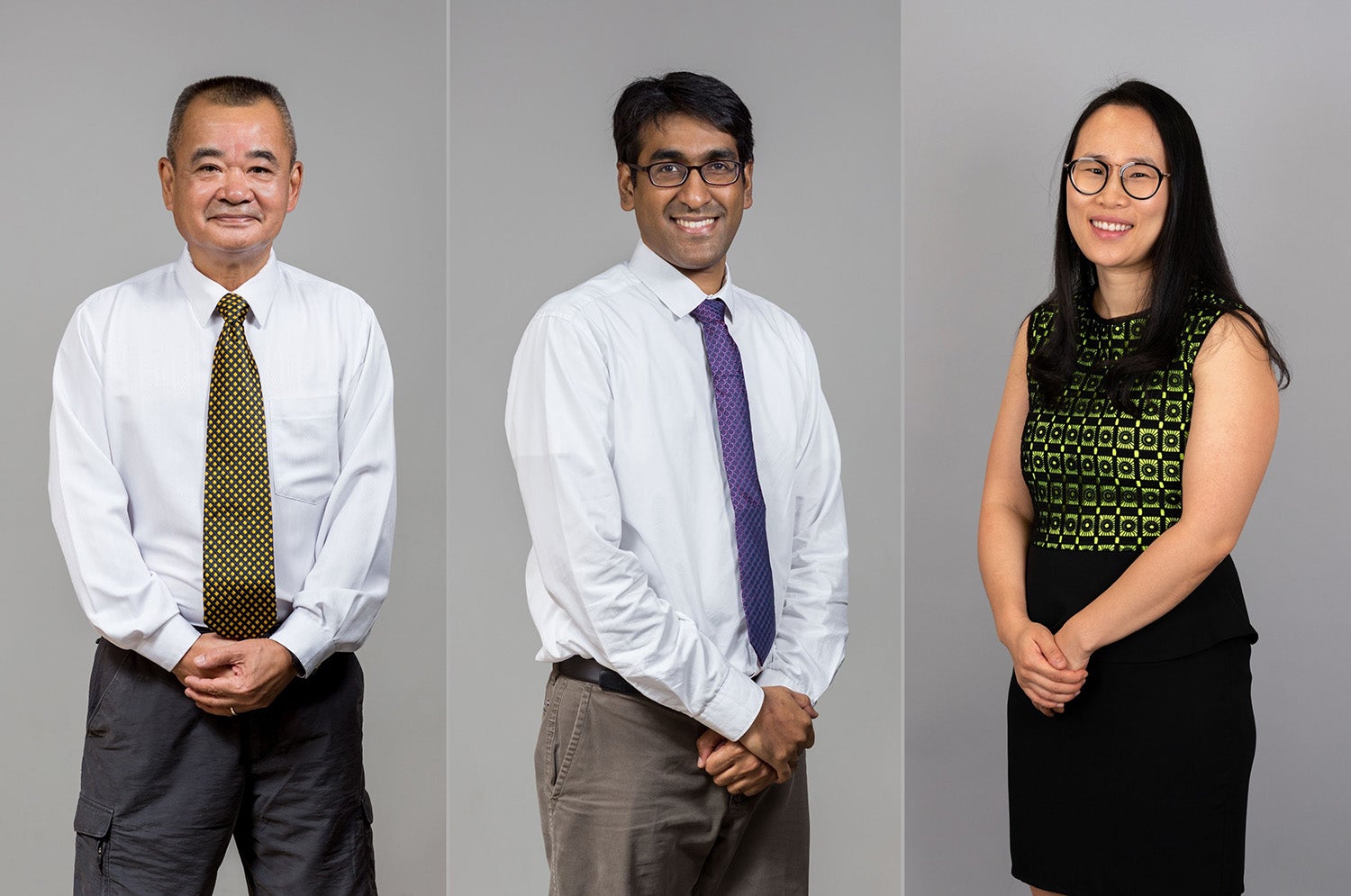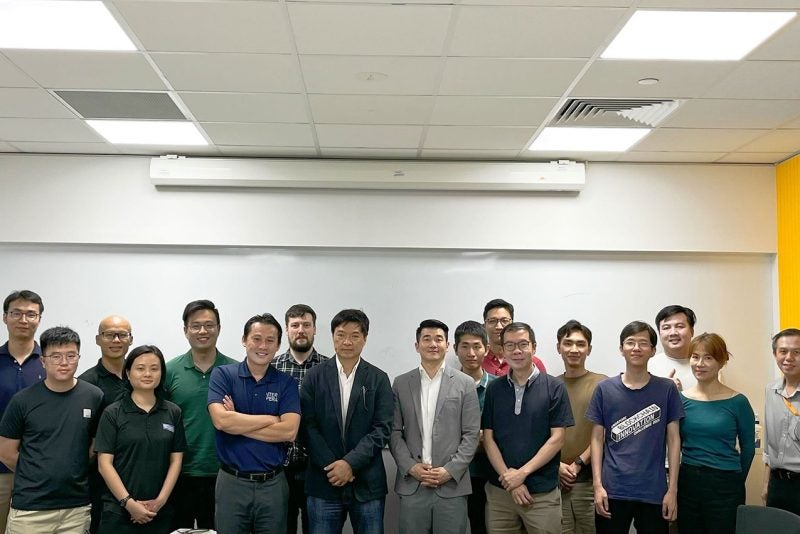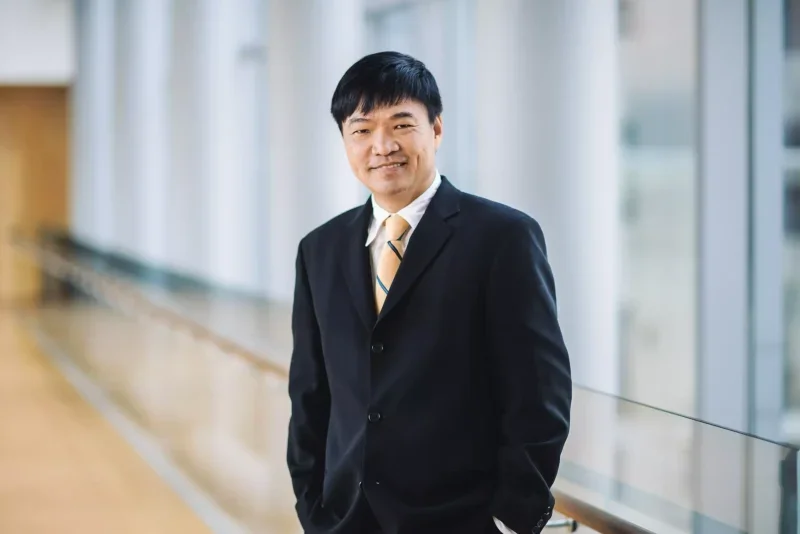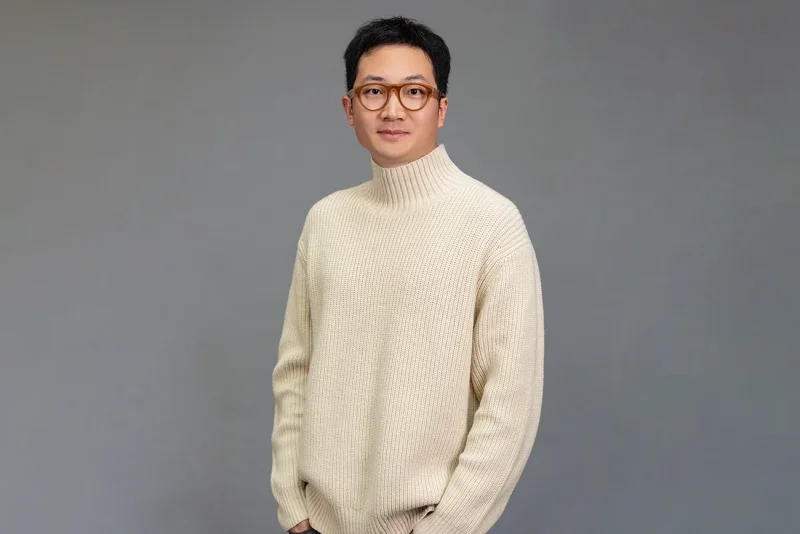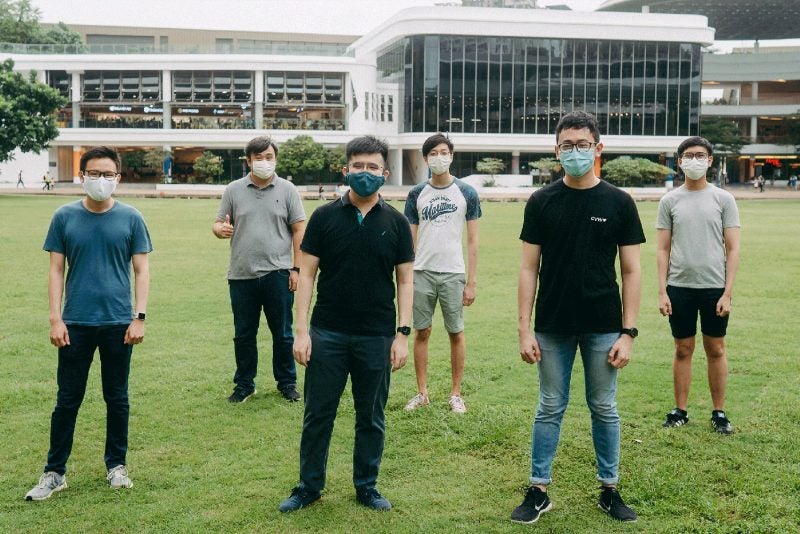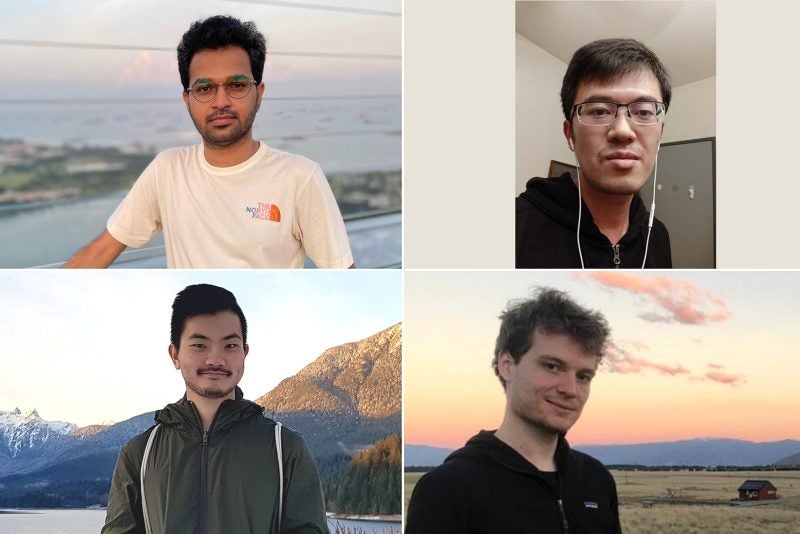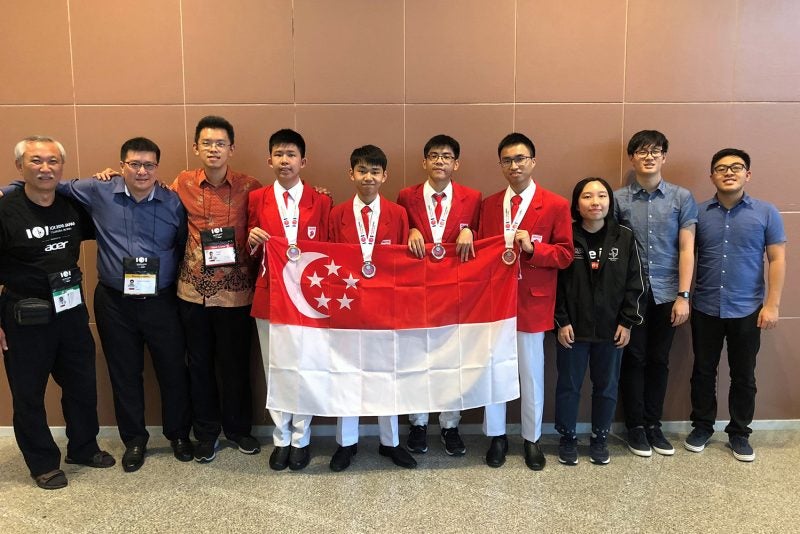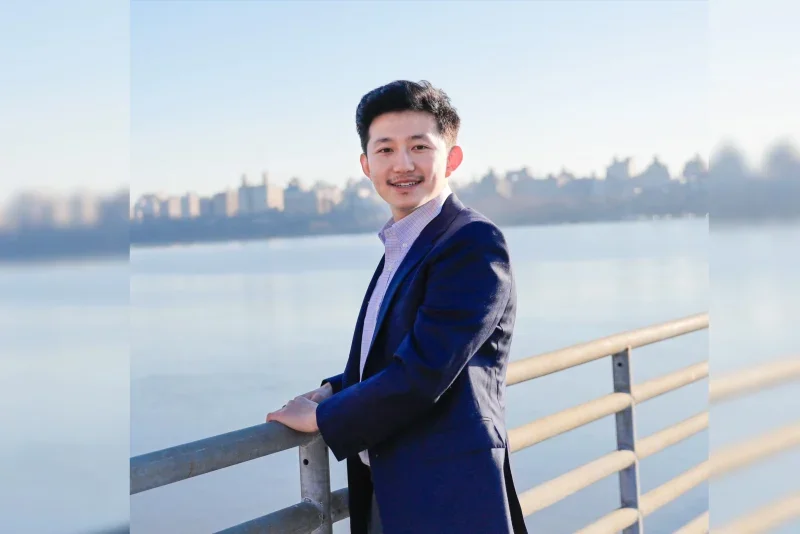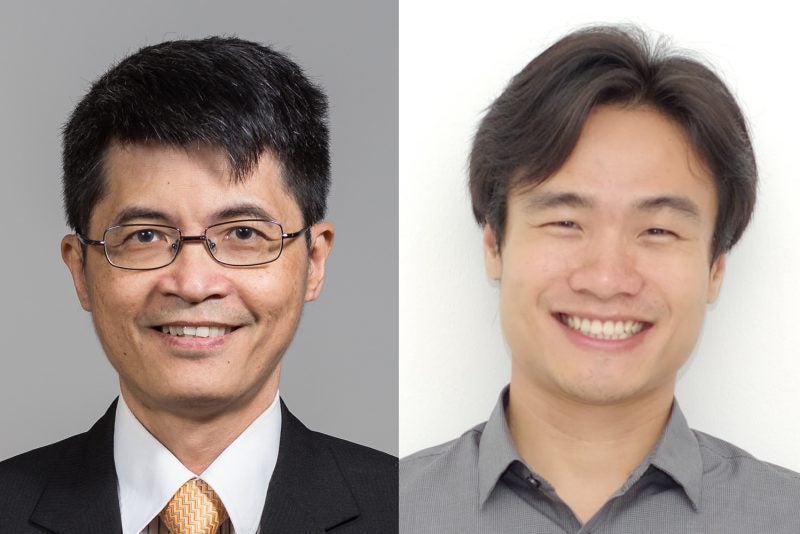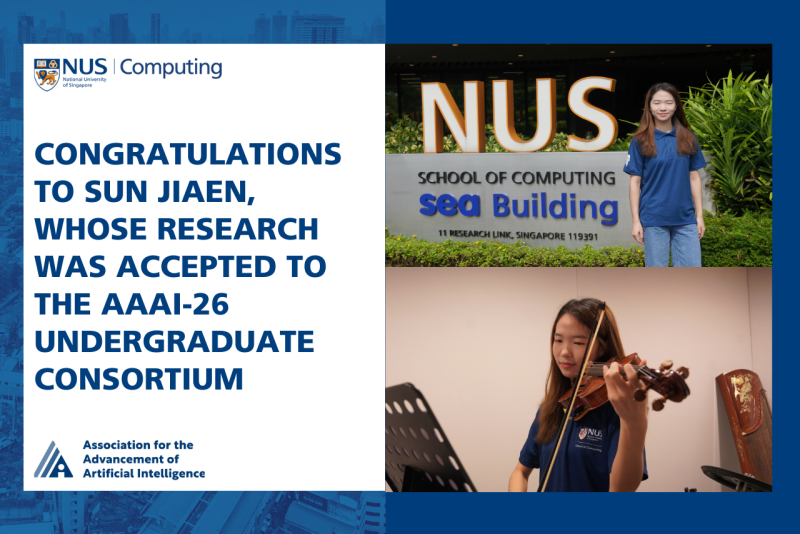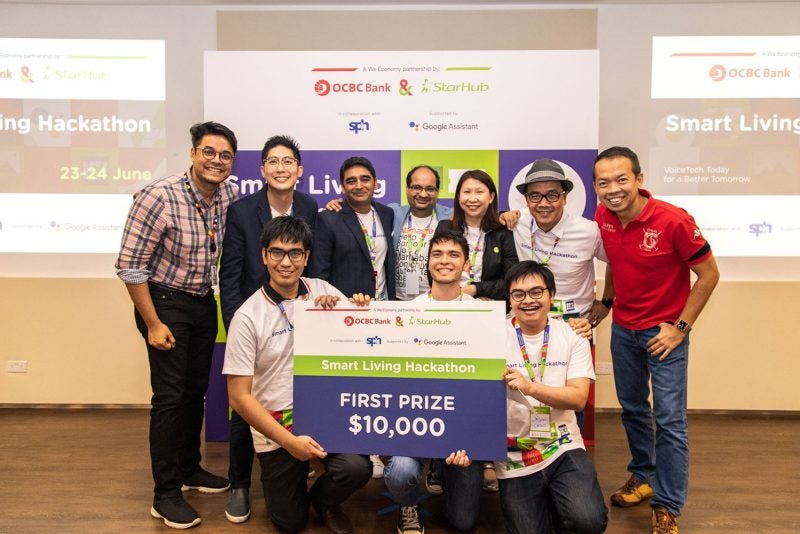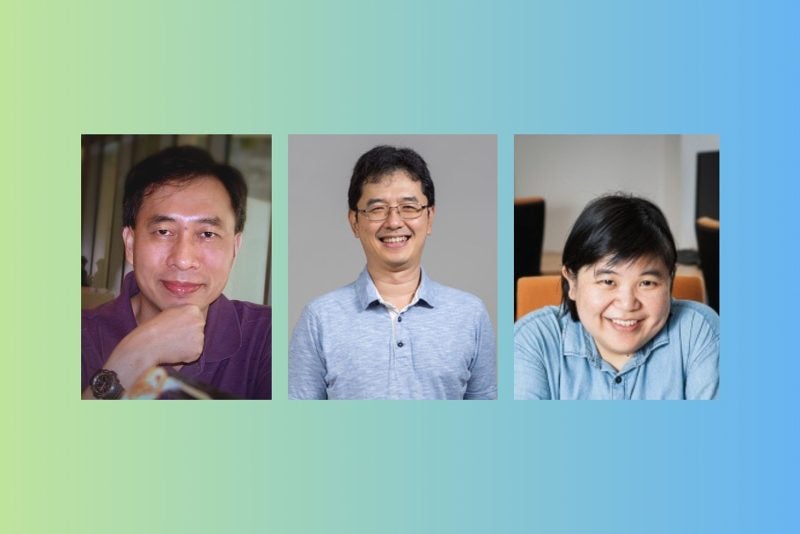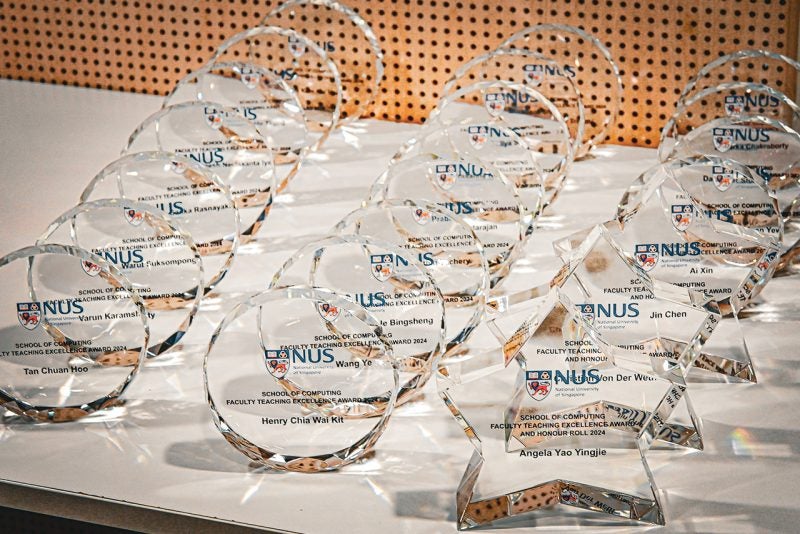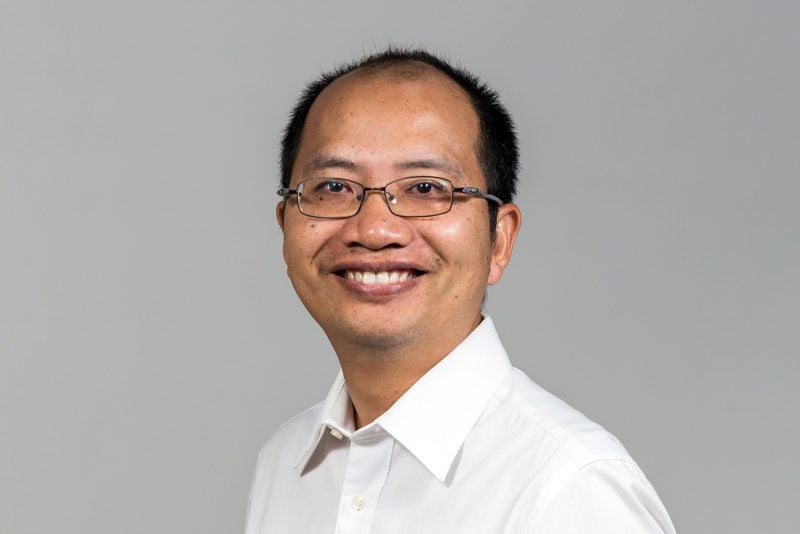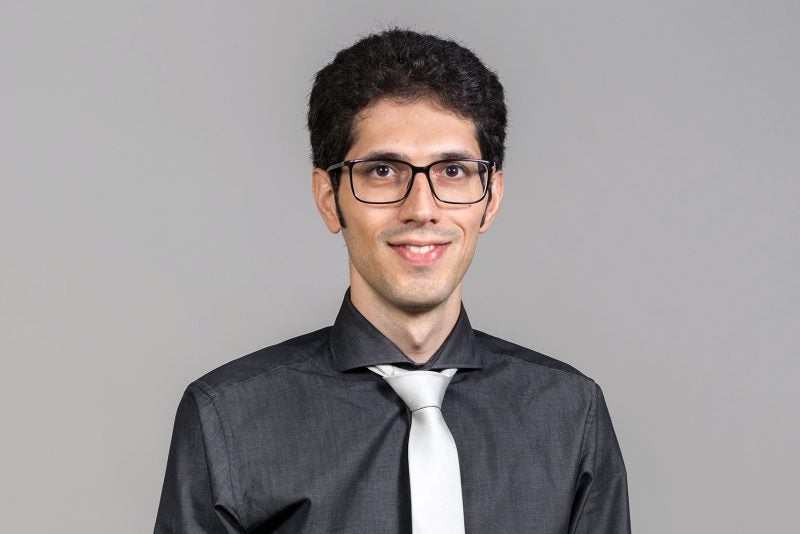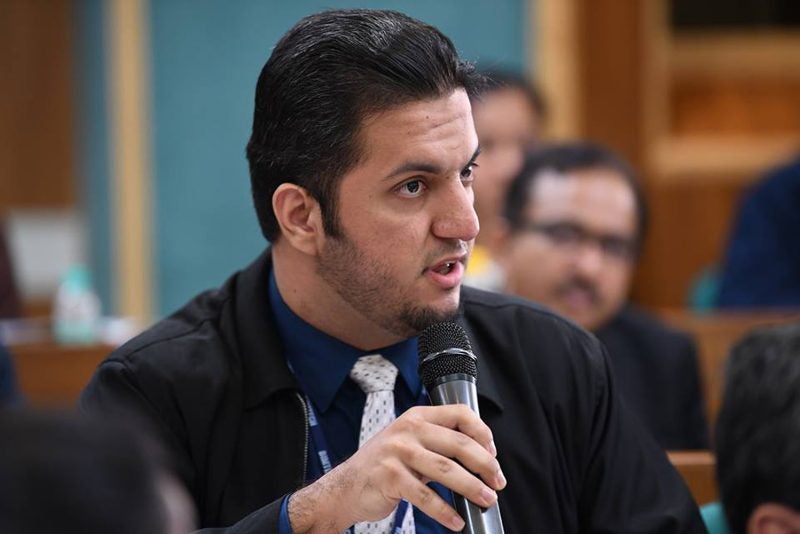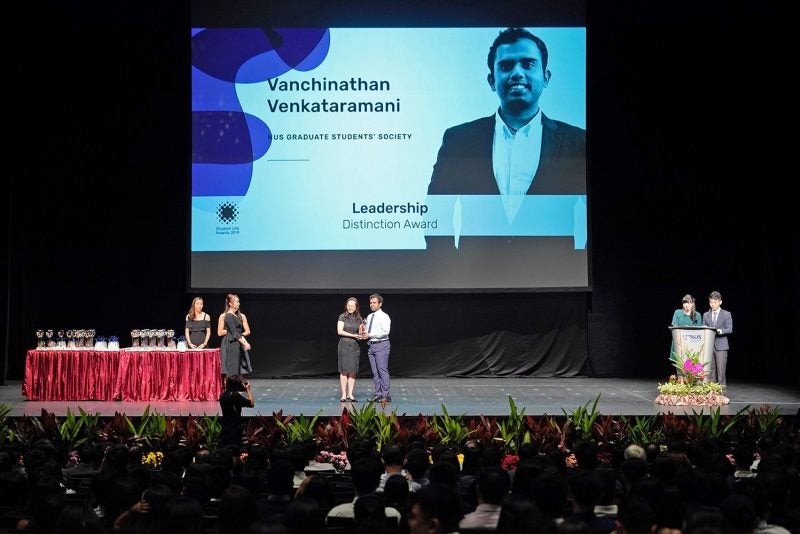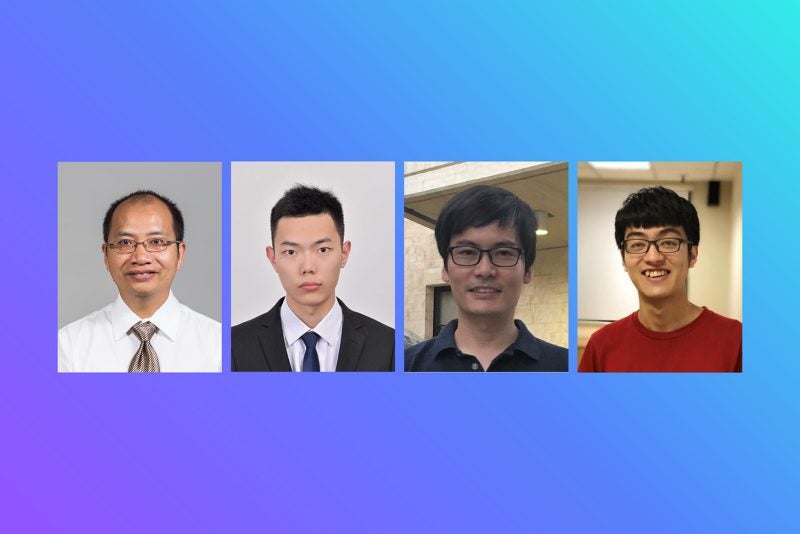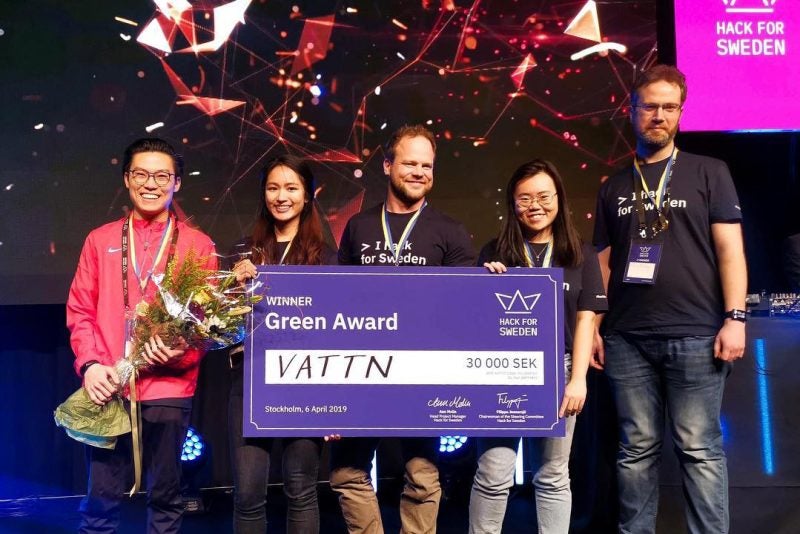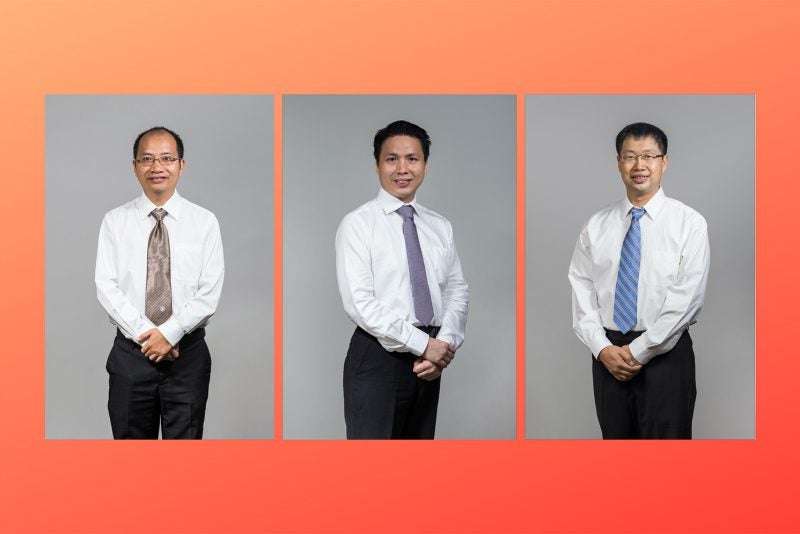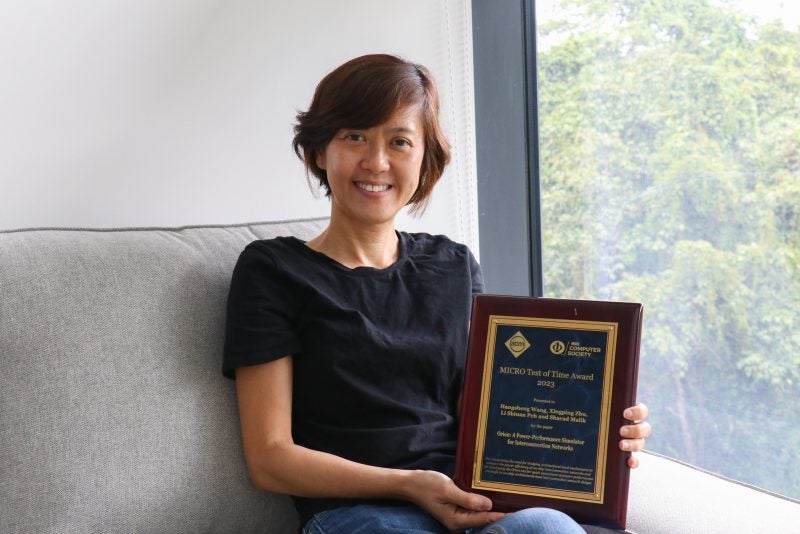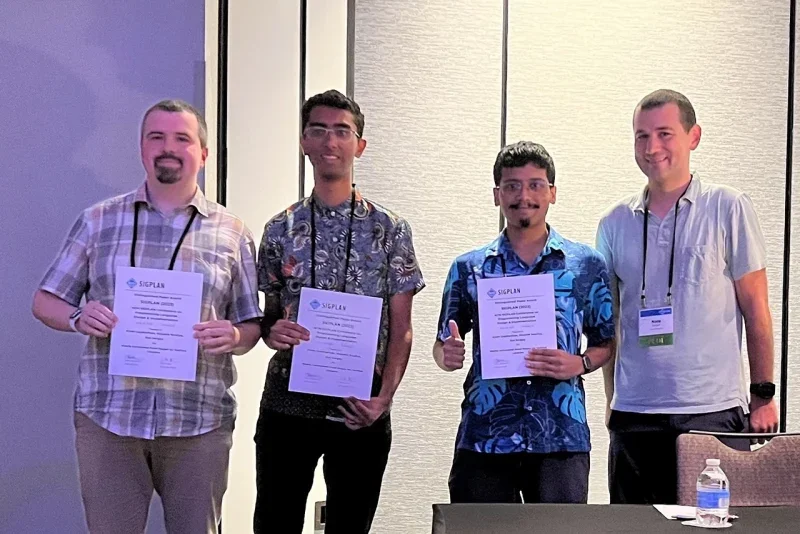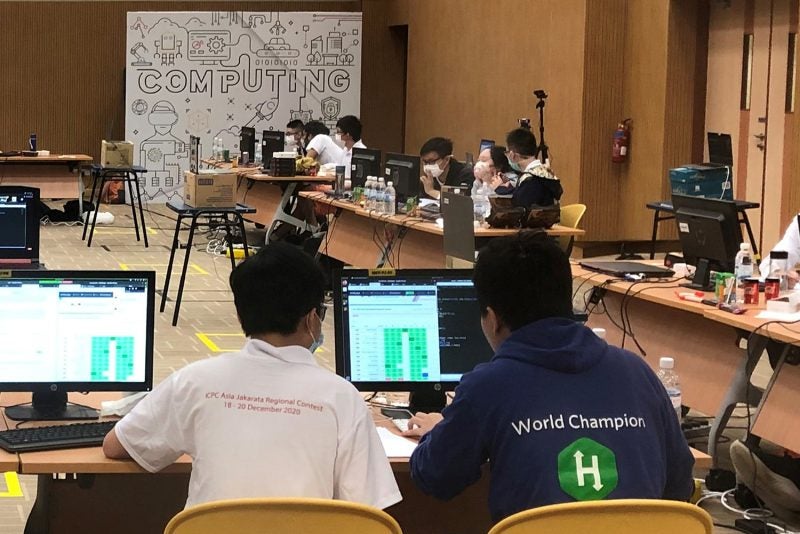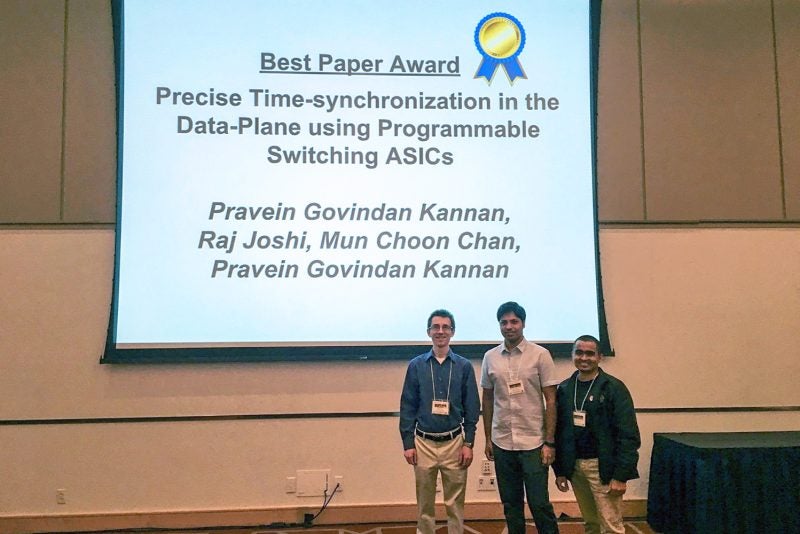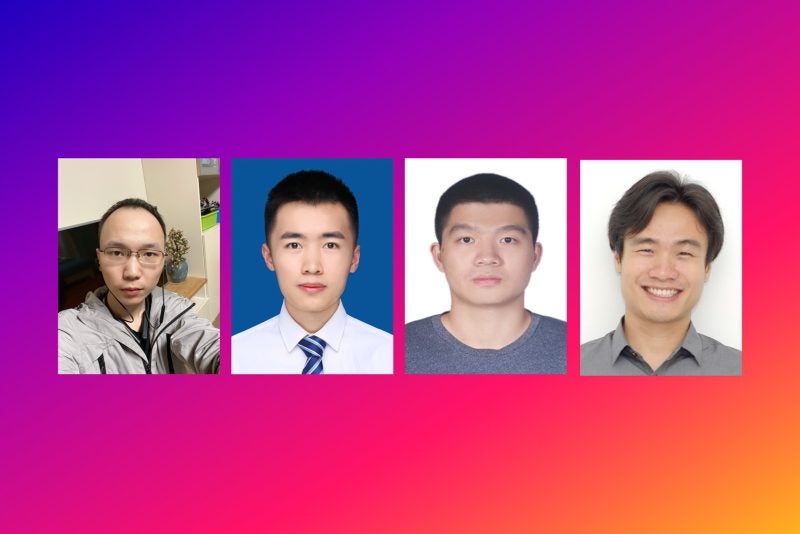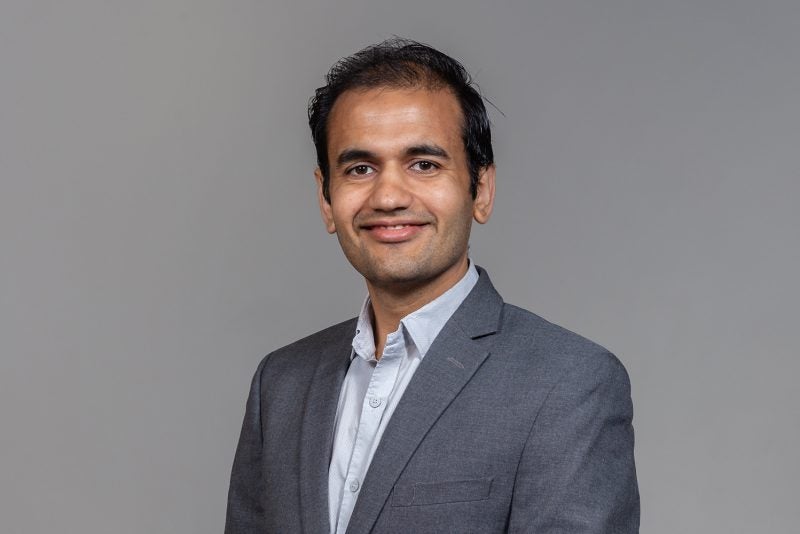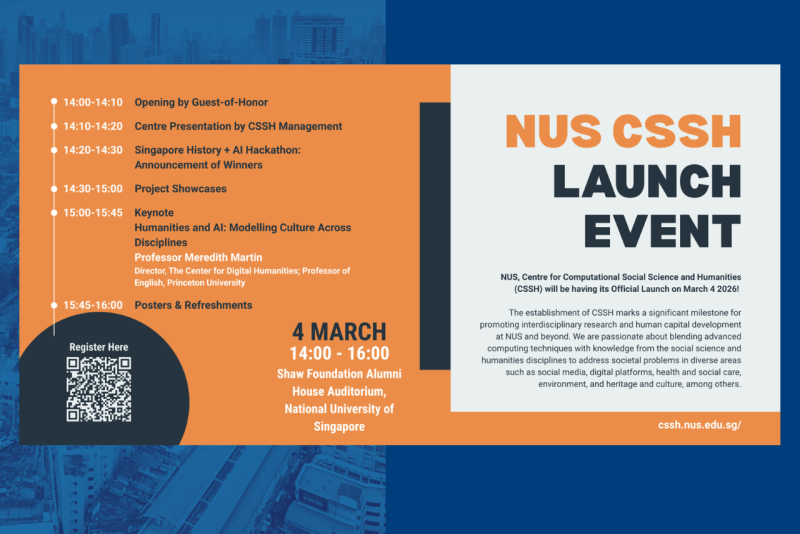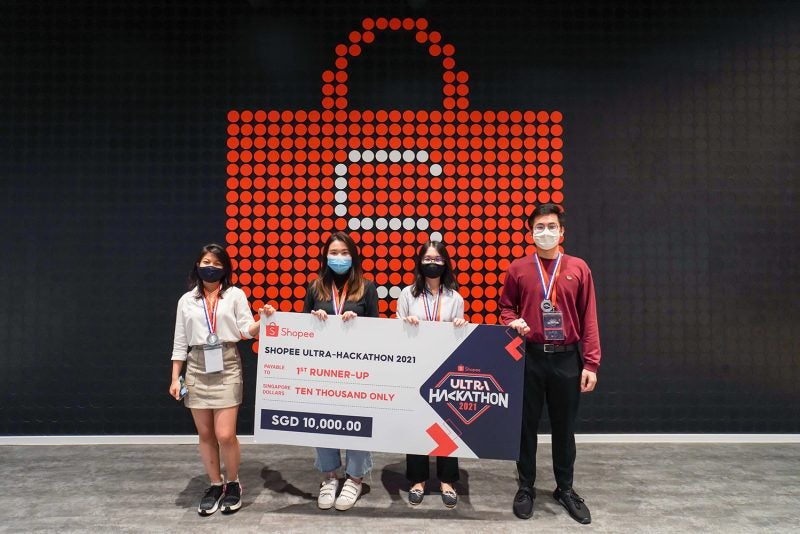13 August 2021 – NUS Computing faculty members, Professor Joxan Jaffar, Associate Professor Prateek Saxena and Assistant Professor Angela Yao, were awarded funding from the MOE Academic Research Funding (AcRF) Tier 2 scheme.
Through the funding, MOE aims to support and advance research conducted in autonomous universities in Singapore through the creation of new knowledge, or knowledge that “challenges current understanding or provides pathways to new frontiers”.
The MOE AcRF Tier 2 scheme provides researchers with funding between SGD$500,000 and SGD$1 million, and will enable NUS Computing professors like Dr Yao to further develop their research projects.
For example, Dr Yao’s research project involves accurate 3D hand pose estimation “in the wild” – the estimating of 3D joint positions of the human hand as it performs everyday tasks.
Dr Yao and her team will be studying and modelling how the human hand grasps and interacts with common everyday objects.
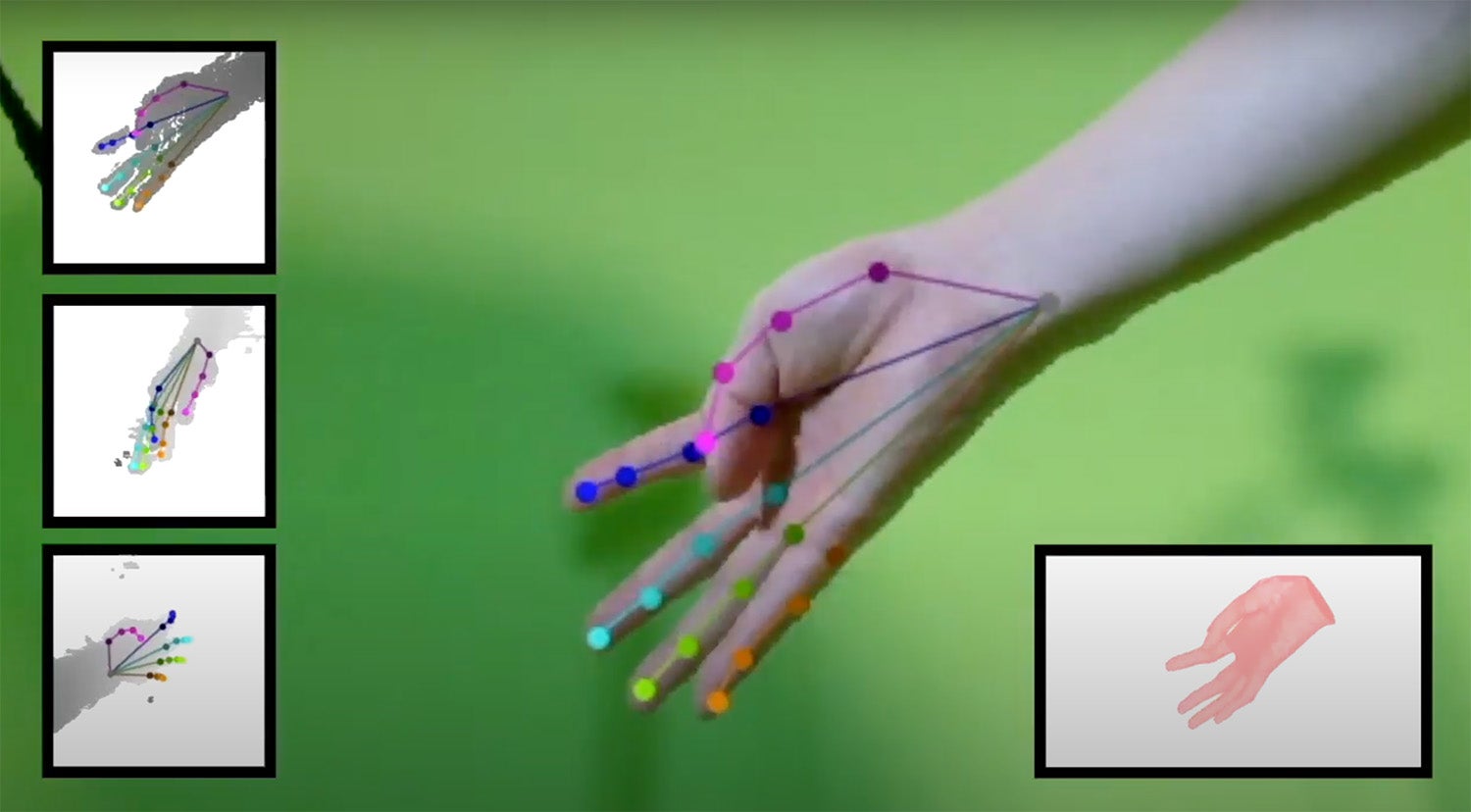
“Accurate 3D hand pose estimation is at the heart of many applications in human computer interaction and augmented and virtual reality. It can also advance robotics research by enabling learning-from-demonstration: for example, by having the robot imitate the movements and interactions with an object by a human.”
In addition, Dr Yao and her team also intends to leverage on online videos available from platforms such as YouTube to build predictive models for hand pose estimation. To build such models, the team intends to use approaches developed in domain adaptation, and use weakly-supervised and self-supervised learning to train data sets.
Weakly-supervised learning involves building predictive models using a limited amount of labelled training data, while self-supervised learning refers to building predictive models using unlabelled data.
“We are excited to have this funding opportunity to push our research forward, and to develop exciting applications which can make use of accurate 3D hand pose estimates,” said Dr Yao.

